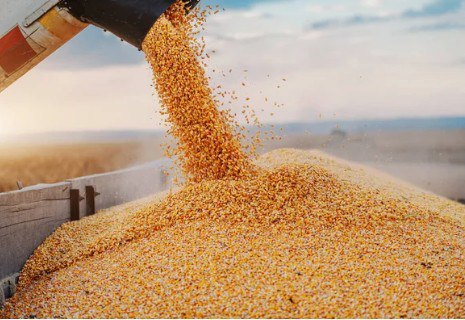Kazakhstan to Launch Drone Production at Correctional Facility in Akmola Region
A correctional facility in Kazakhstan’s Akmola Region is preparing to launch full-cycle production of unmanned aerial vehicles (UAVs), according to Yermek Shurmanov, director of Enbek, a state-owned enterprise operating under the country’s penal system. A renovated hangar in the settlement of Arshaly, the administrative center of Arshaly District in Kazakhstan’s Akmola Region, has already been equipped with machinery needed to manufacture drone airframes, circuit boards, and develop onboard software. Enbek oversees employment programs for inmates housed in penal institutions under the Ministry of Internal Affairs. Kazakhstan has 78 such facilities, holding around 23,000 able-bodied convicts. Of these, more than 18,000 are already engaged in various forms of industrial labor. Shurmanov stated that the initiative involves not just drone assembly, but full-scale production taking place within the correctional facility. The project is being implemented in partnership with Kazakhstani businesses, which are placing production orders directly with the institutions. Currently, correctional facilities in Kazakhstan manufacture furniture, construction materials, clothing, playground equipment, and small architectural forms, and operate greenhouse farming. Inmates also receive vocational training and work under formal labor contracts, in accordance with the national Labor Code. As previously reported by The Times of Central Asia, drone production is already underway within Kazakhstan’s military sector. In Almaty, UAVs are being tested for commercial delivery services. In East Kazakhstan, drones equipped with artificial intelligence are being used to monitor soil and crop conditions, and in Karaganda, engineers have unveiled prototypes for drones designed for public safety operations.
8 hours ago







